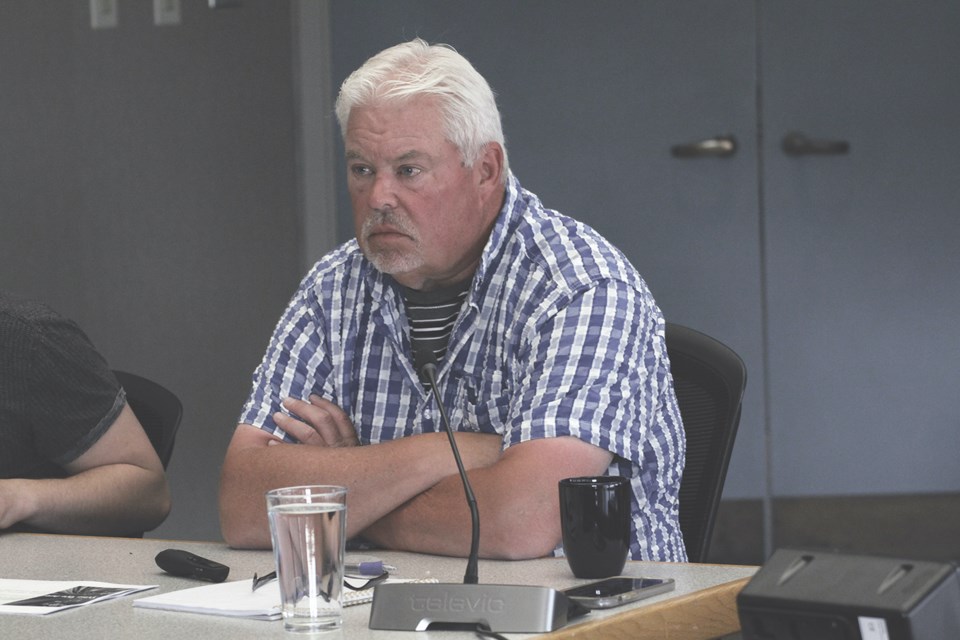ATHABASCA – It’s no secret that telecommunications in Canada can be hit or miss once you leave major centres and Athabasca County is no exception, with multiple hamlets lacking even basic cellphone reception.
During their June 29 meeting, Athabasca County councillors listened to a presentation by Jack Huber of Hook’d Broadband, which left them hopeful they may have found a way to provide quick, affordable Internet to ratepayers.
Councillors voted 9-0 in favour of directing administration to explore options of having the Alberta-based Hook'd Broadband provide services in the Wandering River area and look at extending service to other areas struggling with broadband.
In a June 30 follow-up interview, reeve Brian Hall spoke to the importance of connectivity in the area.
“For rural municipalities to thrive and do well, connectivity is critical. Finding ways to provide that through technological advances is important, and this is one of our available options,” said Hall.
“It looks really exciting, and while I’m certainly not a technical expert, it’s important that we are looking at and exploring ways to get the service into our communities.”
Huber spoke to the benefits that his company could offer the county, which included a decent amount of technical discussion. The gist was simple, though; Hook’d can extend fibre-optic Internet coverage well beyond its range, sometimes saving millions of dollars in project costs that just wouldn’t be feasible for a municipality like Athabasca.
While it won’t be a solution all on its own, Hall is hoping that the project will help fill some service gaps.
“MCSNet is working on some stuff close to Colinton right now, but up in Wandering River there’s no fibre line right now, and because of its location there isn’t any that I know of being planned,” said Hall. “This is only a part of the solution … for more densely clustered groups of residents.”
One method that Hook’d uses are standalone solar towers that generate about a megawatt of power, while the broadband devices are placed on top and then radiate the signal down.
And if solar towers aren’t an option, telephone poles and street lamps can also work.
“I was wondering if one of the towers could be set up right by the fire station and fire hall, as well as the water distribution centre,” said Coun. Rob Minns, noting the county has had issues with coin deposits at water fill stations, and a lack of consistent service makes debit-card service unreliable.
“It could be a special place to put it, we could sell some of the power back to the grid and get broadband right in Wandering River.”
High-speed Internet has obvious benefits for locals as it allows for easier access to remote schooling, and it opens up commercial opportunities, but it would also allow the region county to attract professionals who want the benefits of living in a rural area.
“In order to be a place where people can and want to be, high-quality, high-speed broadband makes remote work possible,” said Hall. “It would allow people to live at the place where they want to spend their weekends. Look at all the people that come out for weekends; they enjoy all the things we have to offer, but they have to go back to work. With a high-speed connection, they can have what we have.”



